Read on for my twelve favourites.
Welcome
I started this blog in 2013 to share my reflections on reading, writing and psychology, along with my journey to become a published novelist. I soon graduated to about twenty book reviews a month and a weekly 99-word story. Ten years later, I've transferred my writing / publication updates to my new website but will continue here with occasional reviews and flash fiction pieces, and maybe the odd personal post.
|
I’ve read over 100 books this year – according to Goodreads that’s more than 30,000 pages. Six were non-fiction, a couple were short story collections, and the rest were novels, thirteen of which were translations.
Read on for my twelve favourites.
0 Comments
August is women in translation month, a time when readers prioritise books by women in translation – yes, it does what it says on the tin! – and I share the qualifying books I’ve read over the last twelve months. This year’s dozen represents nine languages (two up from last year) – Bosnian, Catalan, Danish, French, German, Hungarian, Icelandic, Portuguese, Spanish – and six publishers (Bloomsbury, Charco Press, Europa editions x3, Maclehose Press x 2, Peirene Press x 3, Quercus). Here I share one new review, summaries and links to reviews I’ve published over the last twelve months, plus mentions of three I didn’t get round to reviewing.
There must be more than six degrees of separation between a boy who attends his oxen in rural Thailand and a contemporary social media influencer in the USA. But the farmer could be one steppingstone between them and the writer a link from the other end. The tour guide could be the bridge in the middle because they might need to shit in the woods. What am I on about? The answer is in these five mini reviews.
Two novels about a difficult patch in a long marriage, complicated by difficult relationships with the couples’ offspring. The first is the best book I’ve read so far this year. The second, by a more famous author, doesn’t come anywhere near.
When I blog about boundaries, I’m usually berating chaotic fictional therapists. Not today. These three intriguing novels are about the liminal space between plant and human; reality and fantasy; and sanity and scapegoating within the political sphere. My short reviews should help you decide whether to cross the threshold.
Two translated novels, both with a contemporary and historical element, which address the female struggle for autonomy and self-expression in a misogynistic and racist world.
As the Russian invasion of Ukraine approaches its second year, a couple of recent reads reminds me of how other eastern European countries have suffered under the Soviet regime. These novels are about women’s lives in the late 1940s and early 1950s: the first set in Poland and the second in Hungary. Would you believe that it wasn’t until I came to post this that I realised both titles feature animals that should be in the wild?
I’ve recently read two very different novels in which traumatised mothers suffer a second blow in being distanced from both their children, albeit the separation is for very good reasons. The first is a translation set against the backdrop of the Rwandan genocide. The tragedy in the second is less widespread, restricted to one particular family, but nevertheless extremely painful for those concerned. Read on to discover how these books are about so much more.
These two recent reads are about challenging women’s traditional roles as homemakers in the mid twentieth century. The first focuses on the barriers facing a woman seeking a career in science in early 1960s America. The second follows the fortunes of three sisters and their mother as the times change in 1970s France.
I was unsure how – or whether – I’d connect these two recent reads until I was pondering my response to this week’s flash fiction challenge. Although very different stories, both address how difficult it can be to find an escape route from repeating patterns of self-destructive behaviour. In the first, a woman approaching middle age faces up to her tendency to fall into abusive relationships. In the second, a young man admitted to a psychiatric ward wonders if his own future is written on the faces of his fellow patients, stuck in a cycle of relapse and remission. The wheels keep turning – will they manage to jump off?
Here are two recent reads about a woman’s experience of serious illness and associated treatments and surgeries. The first is a translated novella and the second a chunky mélange of memoir, popular psychology and self-help. But, genre aside, what distinguishes them is their tone: the first, distant and matter-of-fact; the second, unashamedly emotional. See which you prefer.
Here are two novels in which issues of female disempowerment are explored within a murder narrative. The first is a modern classic, translated from Arabic, set in a culture where women have no custody over their own bodies. The second is a contemporary Irish crime novel, set in a society where men have learnt ways of controlling their partners without leaving a physical mark.
These two novels depict a character’s reflections on their life following the sudden death of their spouse. Both the male writer in the first novel and the female teacher in the second are mourning not only the loss of a partner but of the promise of their original romance.
Two novels about women whose identities stem from the supernatural: the first, a vampire who moves to London to work in a gallery; the second, a traditional healer in rural Mexico and the journalist who wants to write her story.
Although fire has a significant role in both of these novels, I intended this post’s title metaphorically: along with the pandemic, the climate crisis and the (sometimes related) refugee emergency are the defining themes of the 2020s. If you like to explore our times through fiction, as I do, see if you think you’d enjoy The Forests, a translated cli-fi novel and/or The Bones of Barry Knight, a poignant portrayal of people literally or figuratively estranged from their homes.
Here are two books featuring different kinds of caring: the first a translated memoir about a healthcare professional who looks after people’s minds along with their feet; the second a novel about an actor who opens his home to his struggling father and to his childhood friend.
Two translated novels – the first from Hebrew, the second from French – about young people invited to apply for grants to support their ambitions, which lead them into damaging situations. The first is about a tour guide to the Nazi death camps; the second about a teenage dancer groomed for abuse (with a section from the point of view of her school boyfriend, who feels burdened by his Jewish heritage). They question whether the legacy of such cruelty is to forgive, forget or become monsters ourselves. Difficult subjects, but both an easy and worthwhile read.
I’ve paired these two novels because they both address human failings in unconventional ways. The first, translated from the Danish, illustrates the barriers to connection via a large cast of characters. The second is a zany take on our collective complicity in environmental collapse. Oh, and because the title of the first reminds me of Dali’s telephone, while I can only assume the enigmatic title of the second is intentionally surreal.
Here I introduce two translated novellas – the first from Italian, the second from French – about the bond between siblings, survivors of damaging childhoods. They illustrate the difficulties of closing the door on the past.
|
entertaining fiction about identity, mental health and social justice
Annecdotal is where real life brushes up against the fictional.
Annecdotist is the blogging persona of Anne Goodwin:
reader, writer, slug-slayer, tramper of moors, recovering psychologist, struggling soprano, author of three fiction books. LATEST POSTS HERE
I don't post to a schedule, but average around ten reviews a month (see here for an alphabetical list), some linked to a weekly flash fiction, plus posts on my WIPs and published books. Your comments are welcome any time any where. Get new posts direct to your inbox ...
or click here …
Popular posts
Categories/Tags
All
Archives
March 2024
BLOGGING COMMUNITIES
|
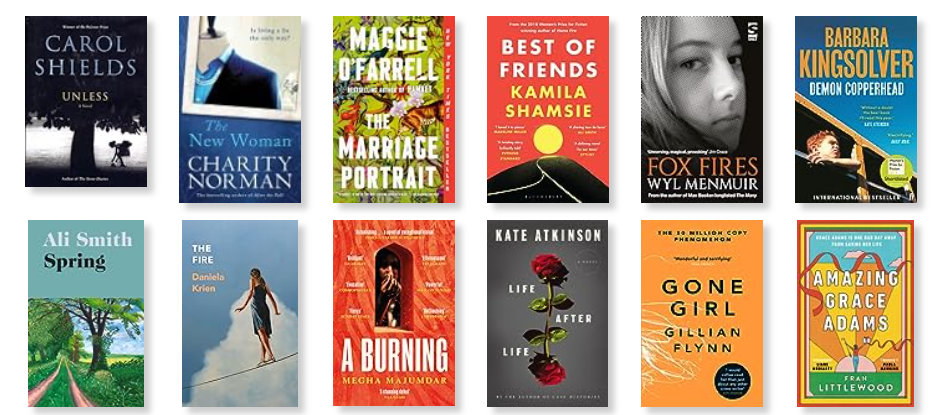
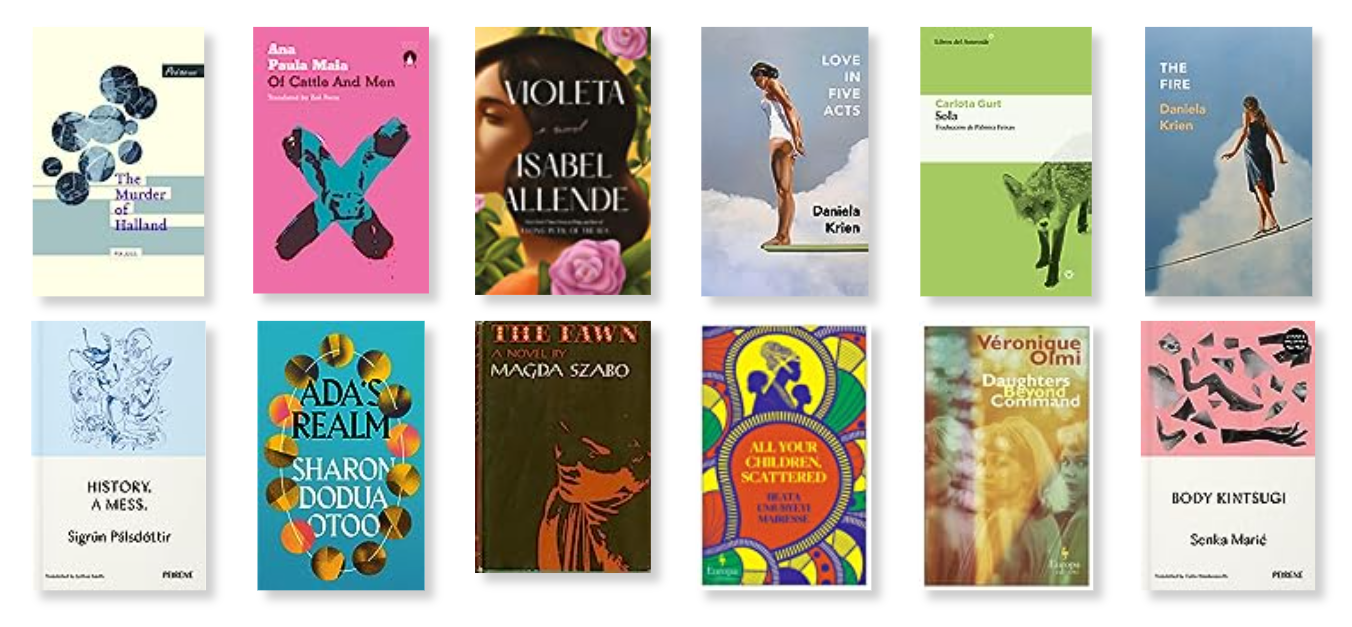
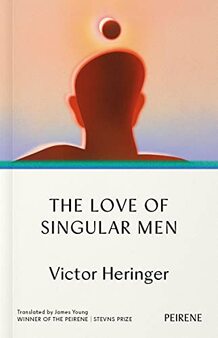

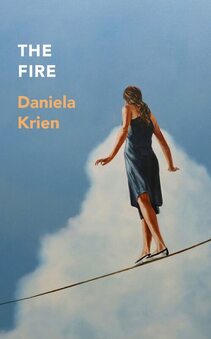
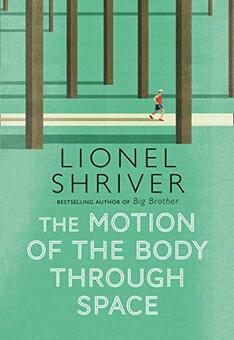
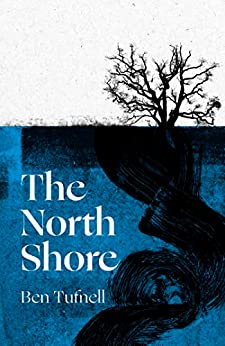
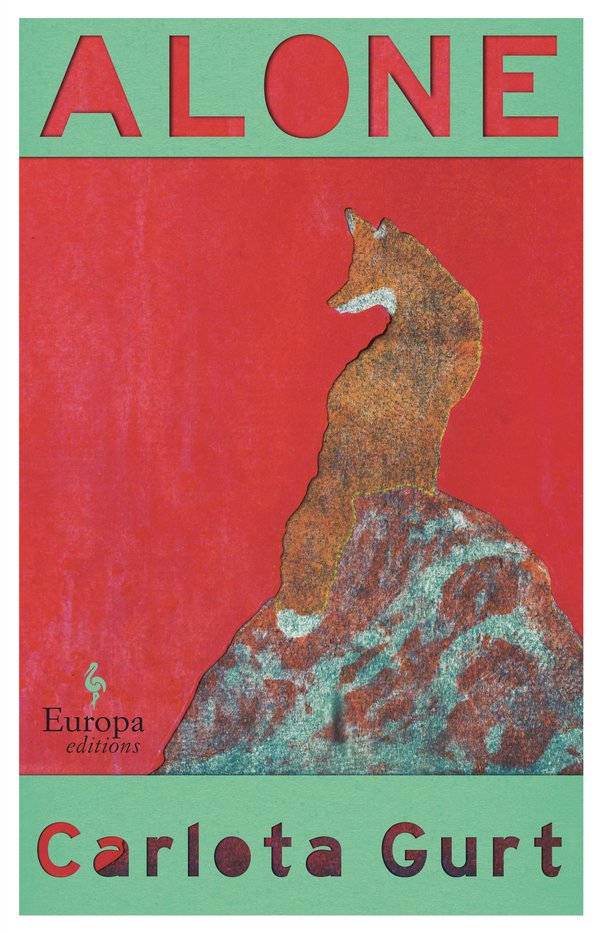
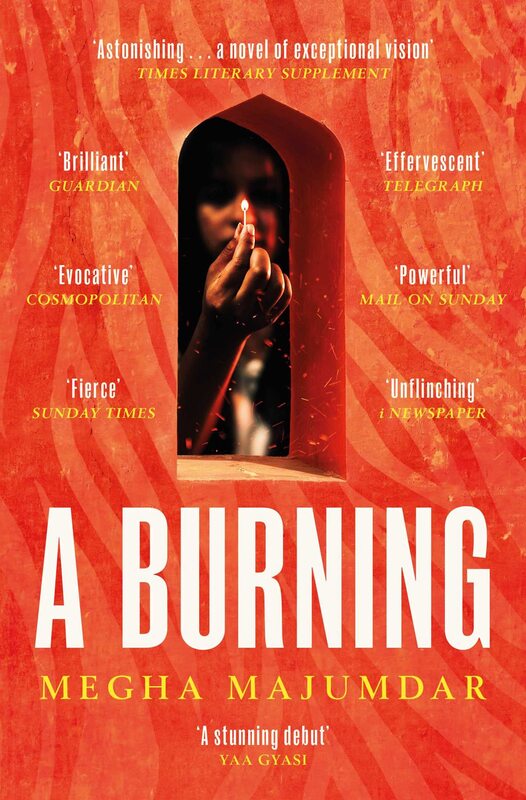
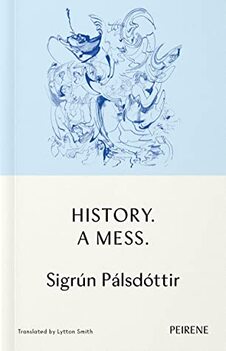
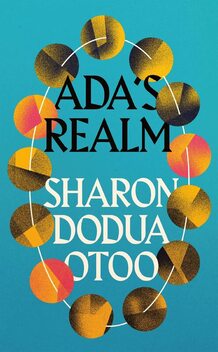
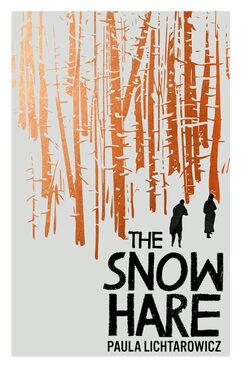
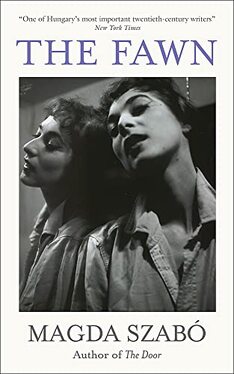
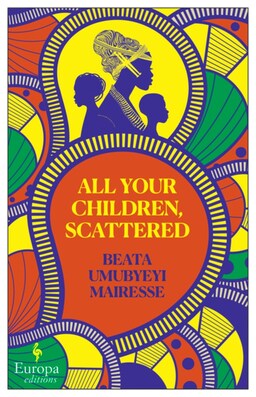
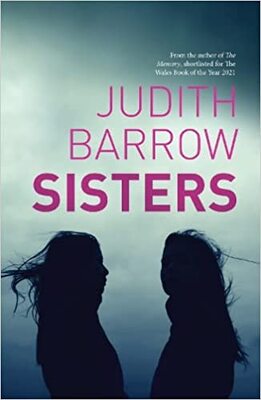
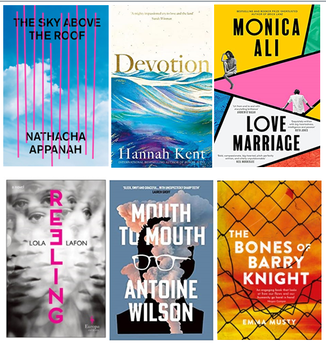
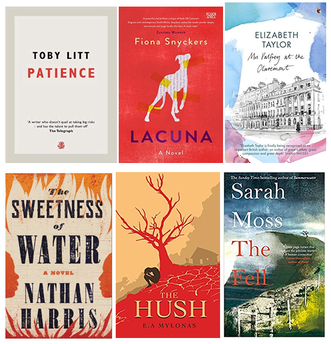
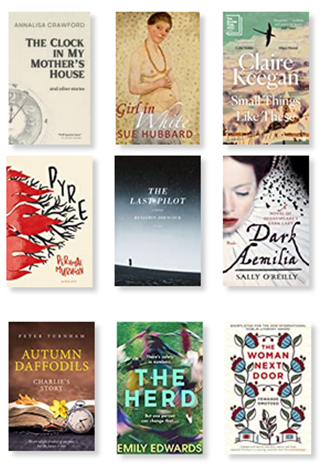
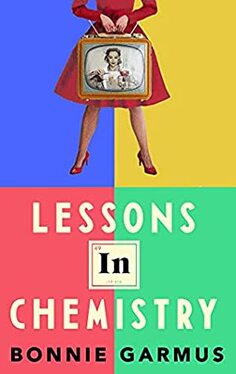
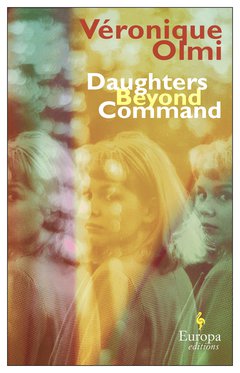
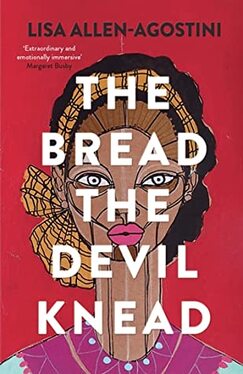
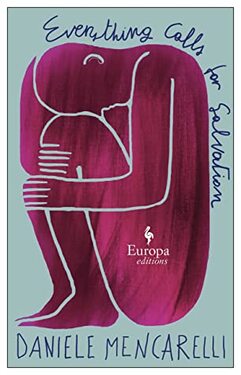
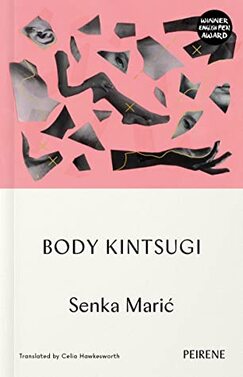
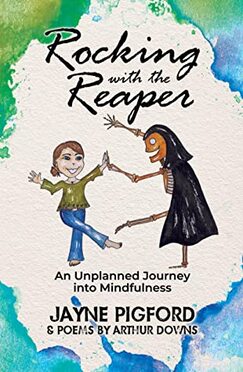
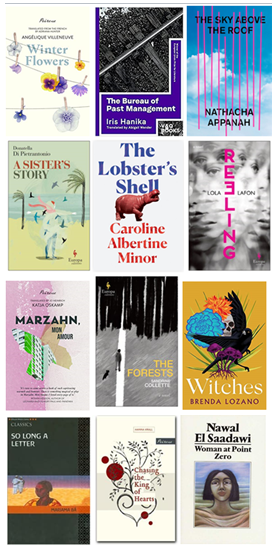
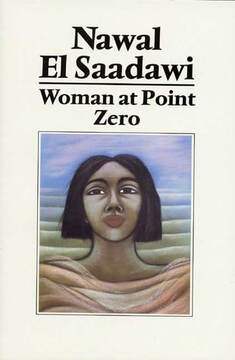
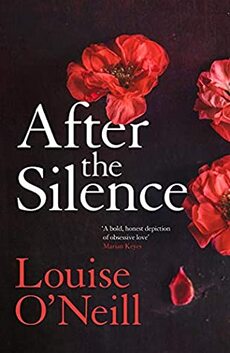
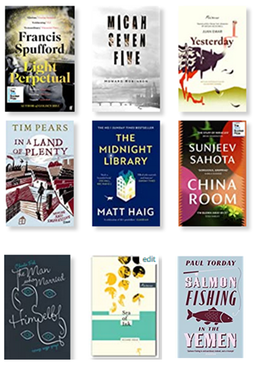
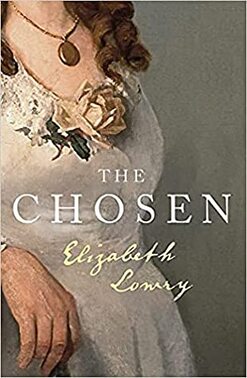
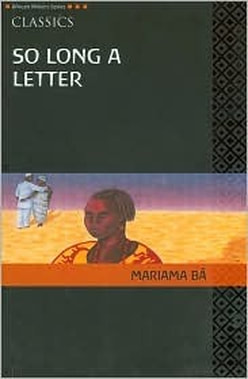
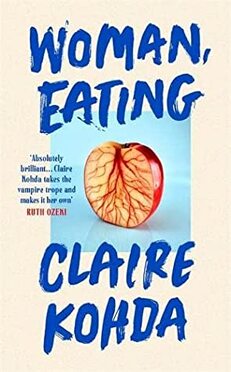
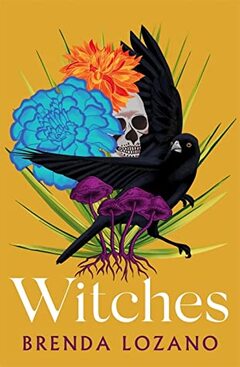
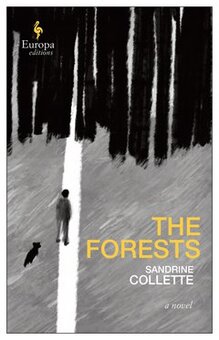
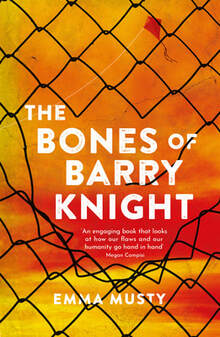
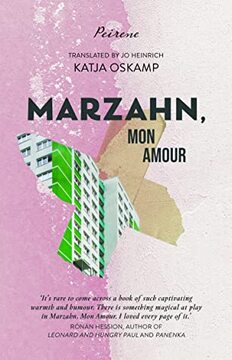
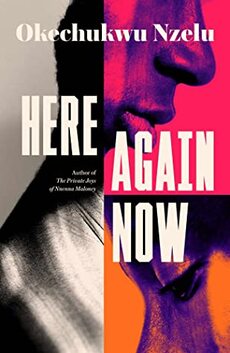
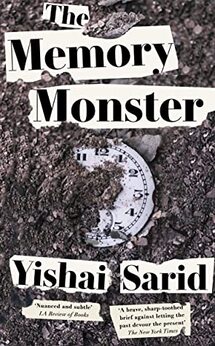
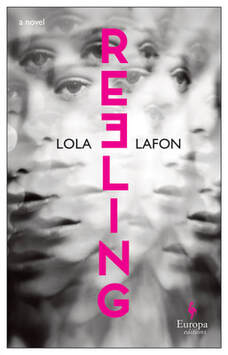
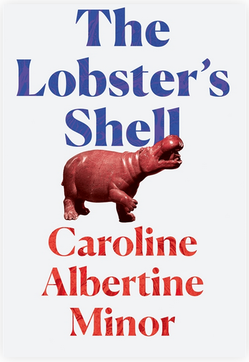
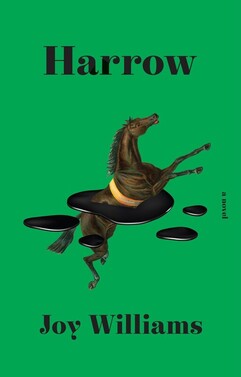
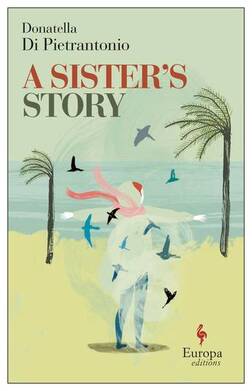

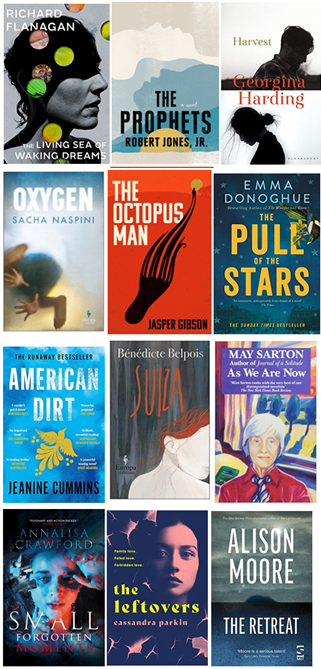






















 RSS Feed
RSS Feed





















